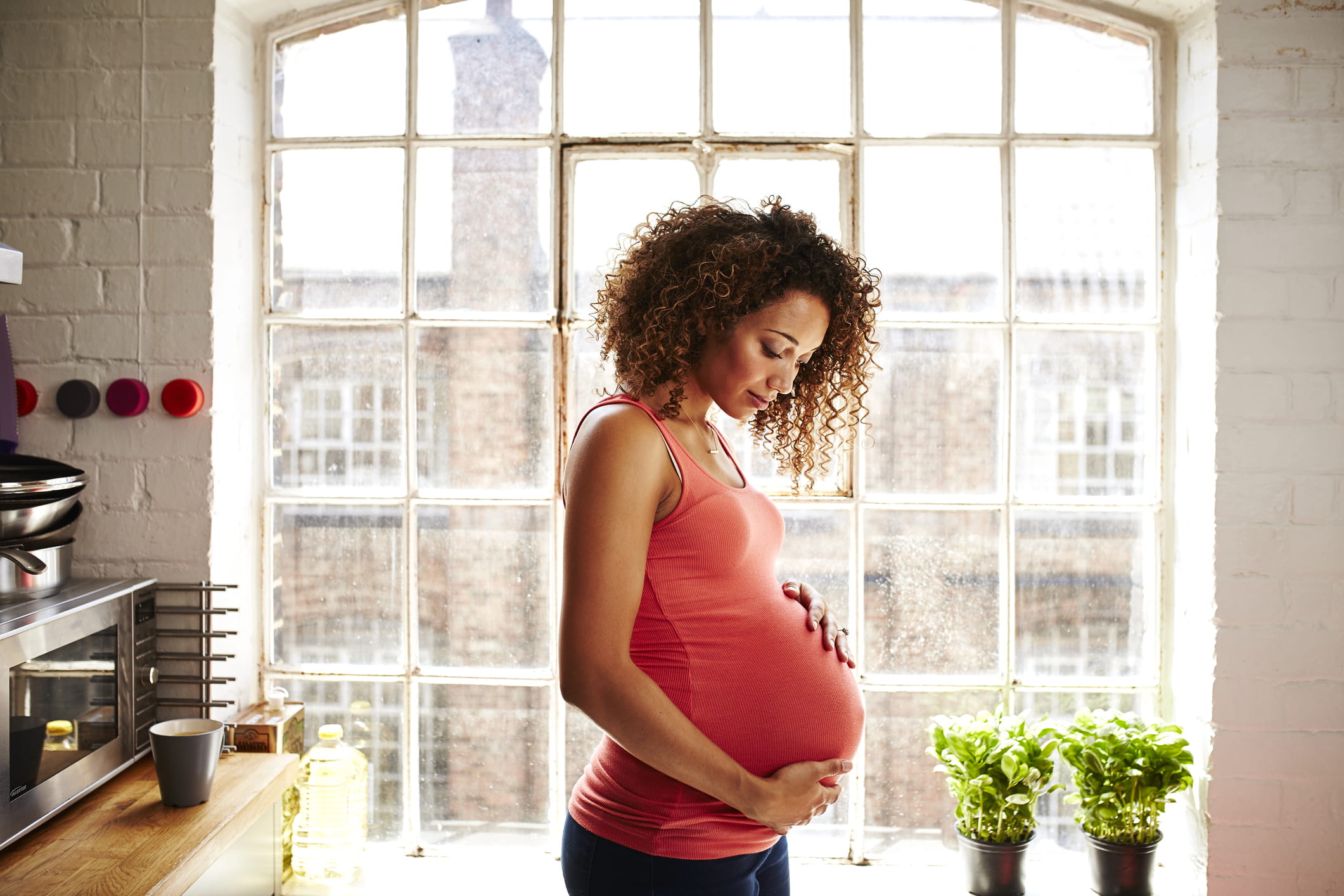Women often brush off heart attack symptoms because they’re busy focusing on and caring for others around them. They may not recognize seemingly mild signs of an impending heart attack.
However, heart disease is the leading cause of death for women in the United States, causing about one in every three deaths.
While people tend to think that crushing pain is the main symptom of a heart attack, many of the heart attack symptoms women experience are more subtle than what men experience. As every second counts in a heart attack, it is important that women not wait to seek care for any suspicious symptoms related to a heart attack.
What is a heart attack?
The heart needs a steady flow of oxygen-rich blood to stay healthy. When plaque builds up in the arteries, it begins to block blood flow to the heart.
Eventually, plaque can break away and a blood clot can form around it. Once the clot grows large enough, it obstructs blood flow through the coronary arteries.
“Without enough oxygen, heart muscle begins to die,” notes a Riverside cardiologist. “That’s what happens during a heart attack and why it’s so important to get help quickly to restore blood flow. Heart muscle damaged by a heart attack can heal, but that depends on the extent of the damage.”
The process of atherosclerosis, the medical term for plaque buildup in arteries, does not cause symptoms. A heart attack is the death of heart muscle, technically called a myocardial infarction or MI. While there aren’t clear symptoms for the plaque build-up process leading up to a heart attack, there are clear symptoms for the heart attack itself. But, these symptoms often differ between men and women.
Heart attack symptoms can be different for women
| Common Signs of Heart Attack | Women | Men |
|---|---|---|
| Chest pain or sense of extreme chest squeezing or pressure | X | X |
| Jaw, neck or back pain | X | X |
| Nausea or vomiting | X | X |
| Shortness of breath | X | X |
| Cold sweat with clammy skin | X | X |
| Lightheadedness or fainting | X | |
| Feeling of indigestion | X | |
| Extreme fatigue and/or trouble sleeping | X | |
| Unexplained sense of dread or anxiety | X | |
| Pressure or pain in the abdomen or back | X |
While chest pressure is the most common symptom of a heart attack in women, women tend to experience a multitude of other symptoms in addition to chest pressure. This combination of symptoms can make a heart attack difficult to recognize. That is why It is so vital to get the word out to women so they can recognize these other symptoms and seek care immediately.
If you experience any of these heart attack symptoms, call 911 so help can come right away. Do not drive yourself to the hospital. Ambulance crews can administer life-saving medication and treatments if needed.
What can I do to prevent a heart attack?
The most common risk factors for heart disease are high blood pressure, high cholesterol and smoking. There are also risk factors for heart disease that are specific to women. These risk factors including a history of gestational hypertension, gestational diabetes, preeclampsia, eclampsia, small for gestational age children or preterm birth. Autoimmune disease, PCOS and anxiety are also risk factors for heart disease in women. According to the CDC, about half of all people in the United States (47%) have at least one of these three risk factors.
We can’t mitigate some factors, such as age, family history or ethnicity, but other factors are within our control. It’s not easy to stop smoking, lose weight, focus on a healthy diet or make time for regular exercise, but these are your best defense against heart disease.
If you want to discuss your risk factors for heart and vascular disease, talk to your cardiologist or your primary care provider. To see a Riverside primary care provider call 757-534-5352 to make an appointment or ask how to be seen safely through a secure video visit. To see a Riverside cardiologist, call 757-594-2074 or ask for a referral from your primary care provider.
Related



